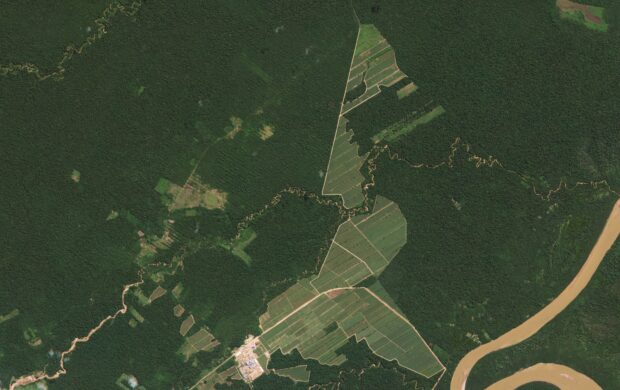Findings in a report titled “Bankrolling Extinction” produced by portfolio.earth, a new initiative led by finance, economics and environmental experts to better understand the role of the finance industry in the destruction of the natural world, have highlighted that the world’s largest investment banks provided more than $2.6tn of financing linked to the destruction of ecosystems and wildlife in 2019.

So what?
By matching financial services provided by investment banks to sectors identified by the UN as the primary drivers of biodiversity loss in 2019, experts identified $2.6tn of loans and underwriting services as being linked to mass extinctions and the collapse of life-sustaining ecosystems. The top 10 banks identified include Bank of America, Citigroup, JP Morgan Chase, Mizuho Financial, Wells Fargo, BNP Paribas, Mitsubishi UFJ Financial, HSBC, SMBC Group and Barclays. The report argues that financial institutions are unable to monitor and measure the impact of their activities on the natural world because of limited policies on protecting ecosystems that are critical to human life and livelihoods when providing loans or underwriting services.
The climate crisis deepens and with added urgency from the COVID-19 pandemic, linked to the destruction of biodiversity, the role that financiers play in driving the global climate and ecological emergency is gaining increasing attention and into mainstream awareness.
Sources
-
 Banks lent $2.6tn linked to ecosystem and wildlife destruction in 2019 – report http://www.theguardian.com/environment/2020/oct/28/banks-lent-1-9tn-linked-to-ecosystem-and-wildlife-destruction-in-2019-report-aoe
Banks lent $2.6tn linked to ecosystem and wildlife destruction in 2019 – report http://www.theguardian.com/environment/2020/oct/28/banks-lent-1-9tn-linked-to-ecosystem-and-wildlife-destruction-in-2019-report-aoe -
 Portfolio Earth | Bankrolling Extinction https://portfolio.earth/
Portfolio Earth | Bankrolling Extinction https://portfolio.earth/ -
 Banks and agribusiness linked to biodiversity loss https://www.edie.net/news/9/Banks-and-agribusiness-linked-to-mass-scale-biodiversity-loss/
Banks and agribusiness linked to biodiversity loss https://www.edie.net/news/9/Banks-and-agribusiness-linked-to-mass-scale-biodiversity-loss/
















Join discussion